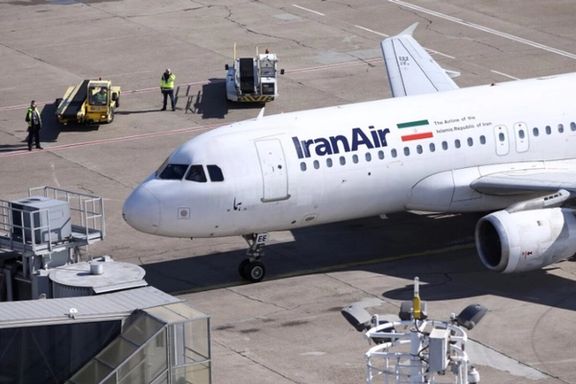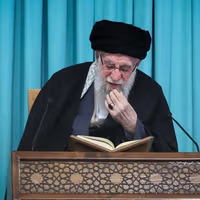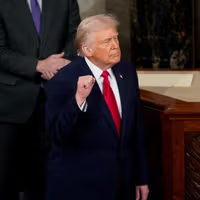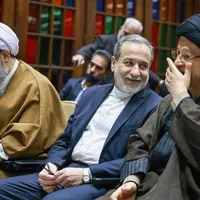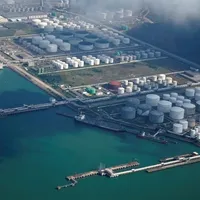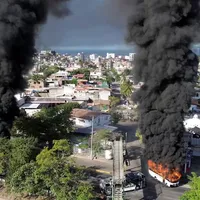The Istanbul meeting, held at Iran’s consulate and attended by political directors from the UK, France, and Germany, saw the Europeans propose language that would give them standing power to reimpose UN sanctions, irrespective of US participation in any agreement.
According to the report published on Sunday, the European side demanded the right to activate sanctions unilaterally under a "snapback-plus" cause in any deal reached between Iran and the US.
The Iranian delegation firmly rejected the proposal, Farhikhtegan wrote, warning that any such move could provoke Tehran to reconsider its membership in the Non-Proliferation Treaty (NPT).
One unnamed Iranian official was quoted as saying: “Iran has no objection to Europe’s presence in negotiations, but this cannot mean granting them enforcement privileges that exceed the original terms.”
Iran's Foreign Minister Abbas Araghchi was asked on Sunday if the Istanbul talks signaled a renewed European willingness to engage. He replied, "The issue is that the Europeans have always had such a will, but their capabilities are limited."
"At the moment, the Europeans are not involved in our talks with the Americans, which is not something we welcome. It seems they haven't reached an internal consensus on this issue," he told IRNA on the sidelines of the Tehran Dialogue Forum.
"We will continue our talks with Europe and believe that the more mutual understanding exists between us, the better. We want Europe to play its role, though they themselves have diminished that role."
Snapback mechanism
The Farhikhtegan report said that European envoys threatened to trigger the so-called snapback mechanism and raised the prospect of broader sanctions should their demands be sidelined—remarks that further escalated tensions during the Istanbul meeting.
Iran's Deputy Foreign Minister Majid Takht-Ravanchi confirmed on Sunday that the snapback issue was raised in recent discussions with the Europeans.
“The Europeans are aware of our position on this matter,” he said. “If any misuse occurs in this regard, we will not remain passive and will take measures within the framework of the NPT.”
The snapback mechanism is a provision within the 2015 Iran nuclear deal (JCPOA) that allows for the reimposition of UN sanctions on Iran if it is found to be in “significant non-performance” of its commitments. This process is outlined in UN Security Council Resolution 2231, which endorsed the JCPOA.
Under the mechanism, any JCPOA participant—France, Britain, Germany, Russia, China, and arguably the US—can file a complaint to the UN Security Council. If the Council does not pass a resolution to continue sanctions relief within 30 days, all previously lifted UN sanctions are automatically reinstated.
Crucially, this reimposition cannot be blocked by a veto from any permanent member of the Security Council. Although the US withdrew from the JCPOA in 2018, it could still influence other participants to trigger snapback.
